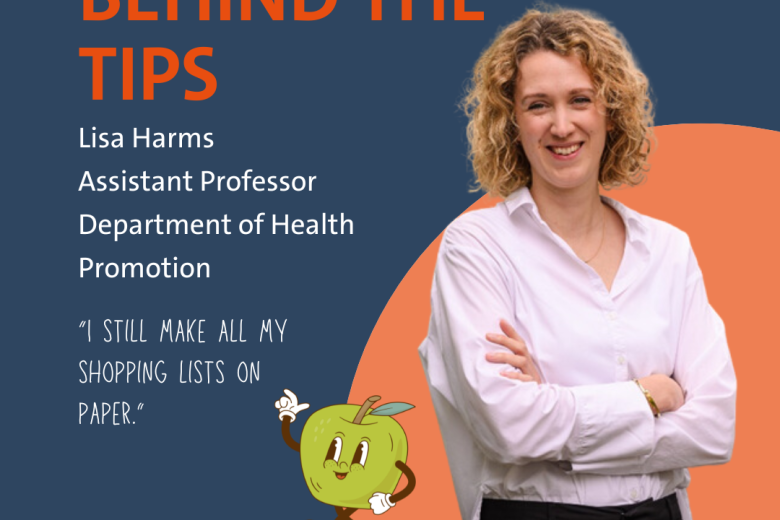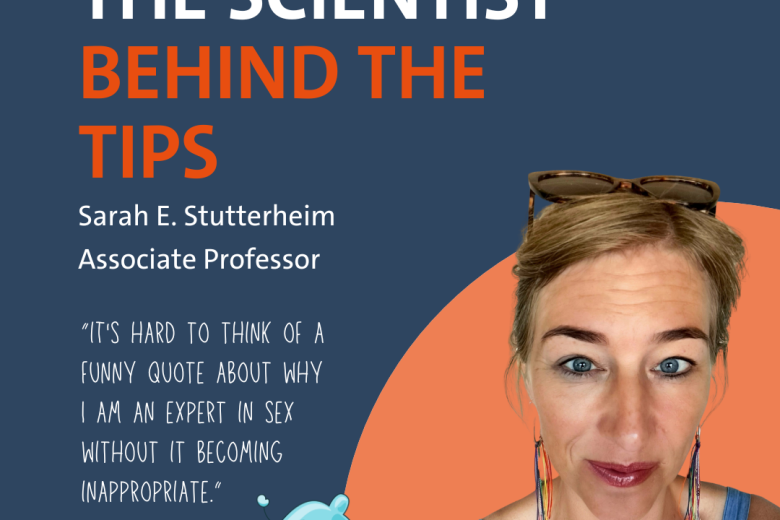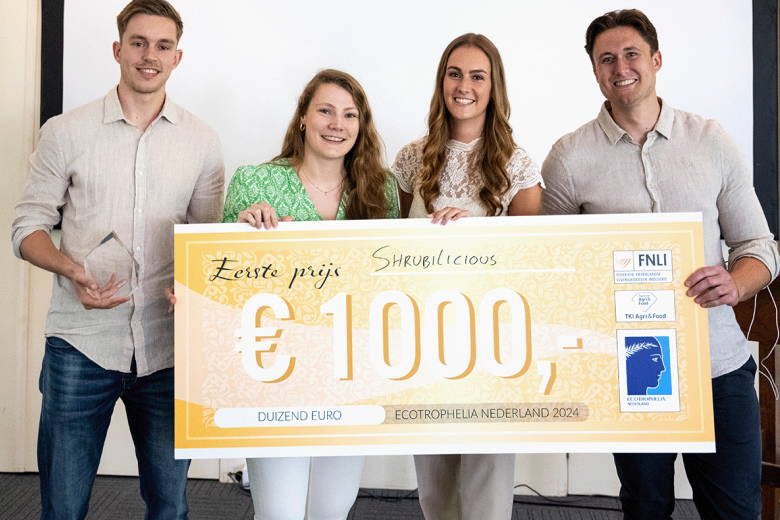Evidence-based health tips for students: the science of mindfulness
In the upcoming months, we’ll share tips for our students on how to live a healthier life. Not just a random collection, but tips based on actual research happening at our faculty. The brains behind this idea are Lieve Vonken and Gido Metz, PhD candidates at CAPHRI, the Care and Public Health Research Institute and researchers at the Department of Health Promotion. In this edition, Christian talks about the art of mindfulness.
Even though students are often occupied with their future, they can benefit from taking a moment to just be in the present. This is often referred to as mindfulness. If you hear the word mindfulness and think it’s just about monks meditating, think again. Christian Preissner, PhD Candidate, delved into the mindfulness literature and found solid evidence-based tips on how to tune your thoughts and feelings and dial down your stress response. There reference list can be found here.
Mindfulness is more than meditation
There are many different Eastern and Western definitions of mindfulness, how it is measured, and how it is used to promote well-being. While this brings problems for researchers to compare study results, it also brings opportunities and plenty of options for people looking to improve their well-being. Many different clinical and non-clinical mindfulness-based programmes are available that train mindfulness through different methods, not ‘just’ through meditation - find what works for you! For example, standardized intervention programs, such as Mindfulness-Based Stress Reduction (MBSR), have been shown to be effective in improving anxiety, depression, distress, and quality of life. Alternatively, you could look into strategies and exercises used in Acceptance and Commitment Therapy here.
Present-moment focus and grounding bring control
One aspect of mindfulness is awareness of how our body and mind are currently feeling. Especially when we feel stressed, distressed, or overwhelmed, it can be helpful to (re-)connect with the ‘right now’, rather than worrying about future events or dwelling on the past. Grounding oneself in the present moment can help to calm a busy mind, slow down, and adopt a “one thing at a time”-mindset. You can find examples of grounding techniques you could try here and here.
Observe emotions and thoughts acceptingly and curiously
Another key part of mindfulness is accepting what we perceive in the present moment. Acceptance is about creating space for and learning to allow our emotions, thoughts, and feelings to exist instead of suppressing or avoiding them. This can help to avoid wasting too much energy and getting lost in them. Just like when a train (racing thought) passes through a station (our mind), mindfulness strategies can help us to “take a step back” to avoid getting caught in the wind or pull of the train. You can find helpful tips here.
Also read
-
Evidence-based health tips for students: supermarket psychology
In the upcoming months, we’ll share tips on Instagram for our students on how to live a healthier life. Not just a random collection, but tips based on actual research happening at our faculty. The brains behind this idea are L ieve Vonken and Gido Metz, PhD candidates at CAPHRI, the Care and Public...
-
Evidence-based health tips for students: the science of love and sex
In the upcoming months, we’ll share tips on Instagram for our students on how to live a healthier life. Not just a random collection, but tips based on actual research happening at our faculty. The brains behind this idea are L ieve Vonken and Gido Metz, PhD candidates at CAPHRI, the Care and Public...
-
Maastricht students in final Ecotrophelia 2024
Maastricht University students have won the Dutch final of the student competition Ecotrophelia, a drinking vinegar based on apple cider vinegar, fruit and herbs.